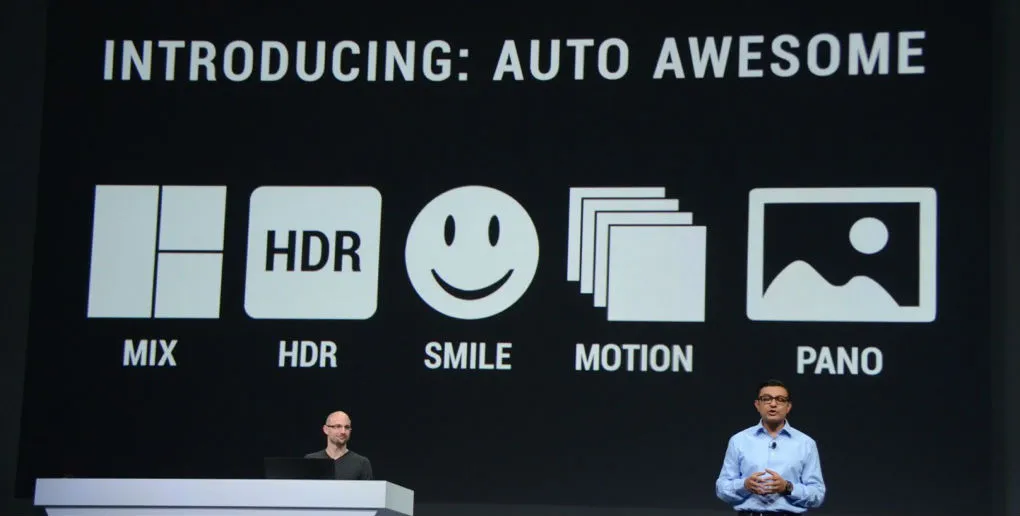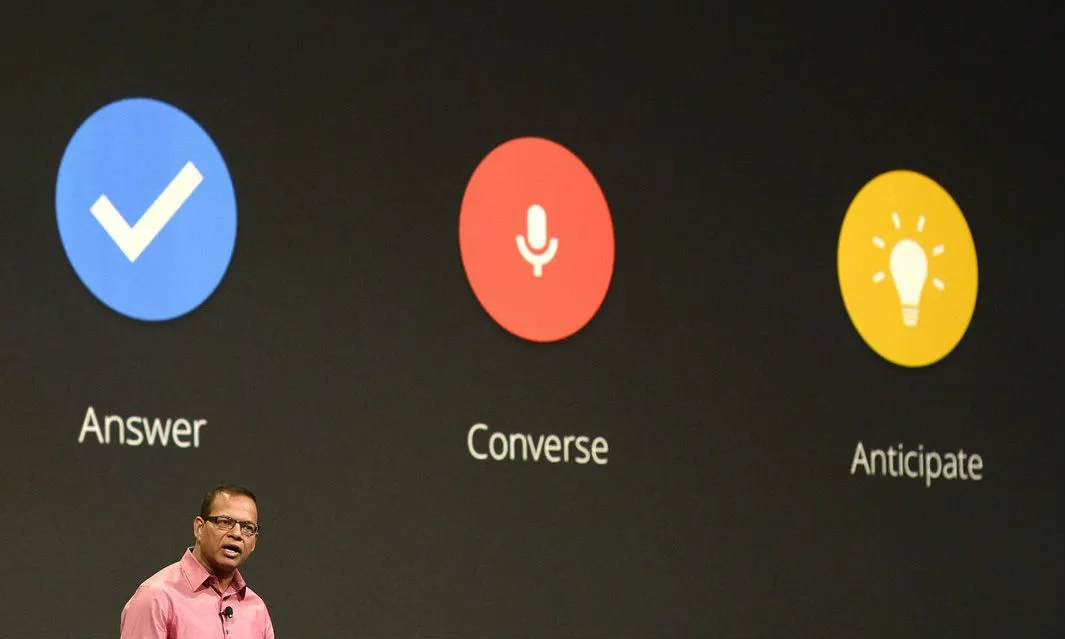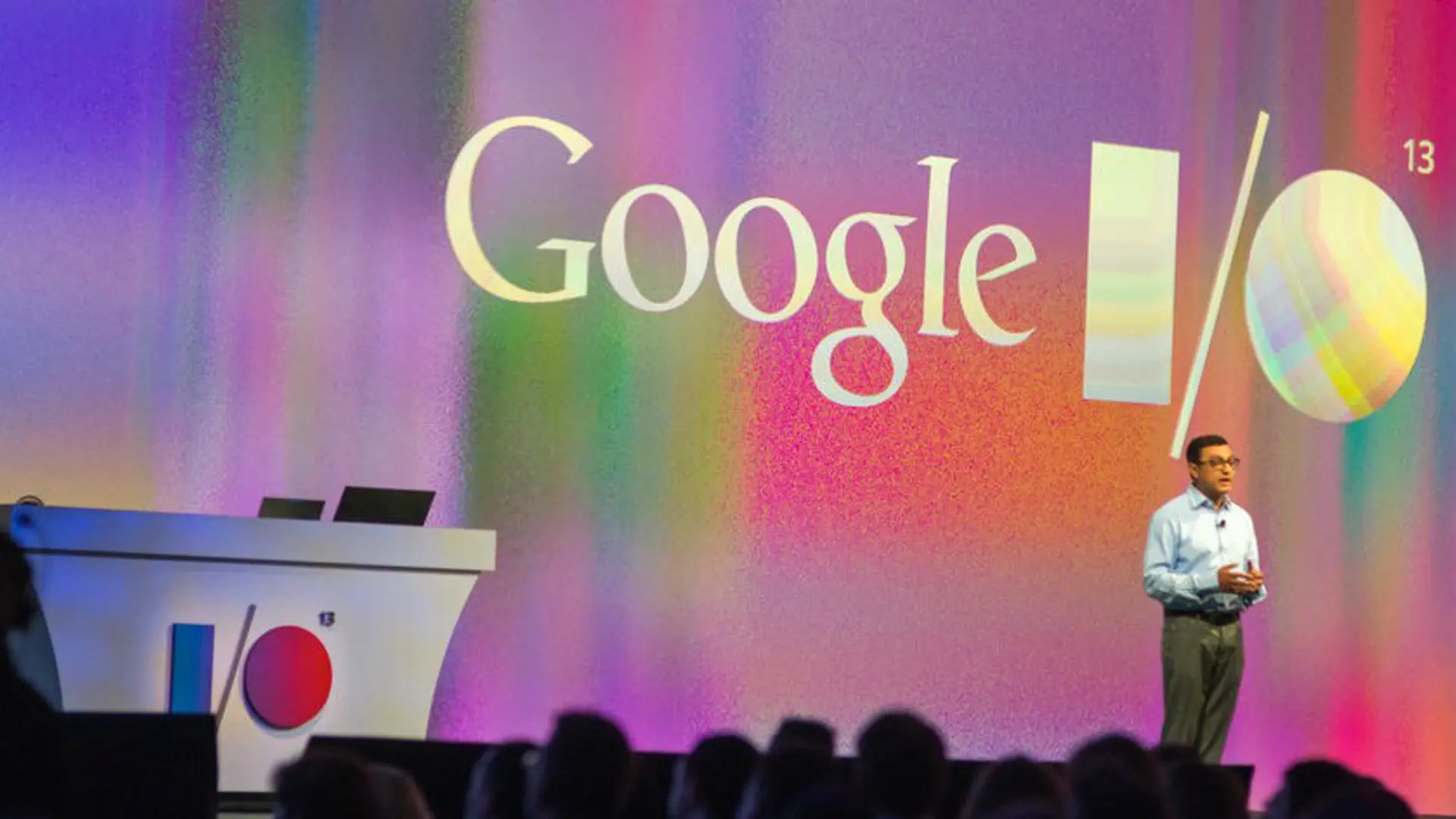Now that another edition of Google I/O has finished, it's time to step back and look at what new and interesting things are happening beyond the hype of the event itself. Google I/O this year was, as usual, a big and spectacular event with over 6000 people attending, several exciting new product announcements and free goodies for attendees (Chromebook Pixels!)

Android
While there was no new hardware announced, there were a lot of exciting new APIs and features that Google announced. Things like the beta-testing and incremental rollouts feature from the Play Store are a big deal. Android Apps quality has always been a question mark when competing with Apple's store, and Google wants to give all the tools and techniques possible to the App developers to help them build better Apps. By beta-testing the Apps in the real world, and rolling out their App incrementally, App developers can essentially catch bugs and issues earlier, and prevent the nasty 1-star ratings that users seem so happy to give.

Google has clearly paid of a lot of attention to what developers want with announcements like the new Maps APIs and Android Studio. At a meta level, it is very exciting to see that Google is putting the interests of developers and their needs right at the top. Developers are essential to any platform eco system (And Google has a stake in several - Android, Chrome/Web Apps, Google +, Glass), and catering to all the needs of developers is absolutely essential. Even giving away free stuff like $1300+ Pixels is sometimes criticized, but you have to see the value that Google gets out of this - By putting beautiful, high-end devices like the Pixel early into the hands of developers, Google is encouraging them to write Apps for Chrome and the Web, and make sure the Apps look and work beautifully. Handing out developer devices like the Pixel may actually be the cheapest way to recruit developers on to your platform, something that Intel and Microsoft could do well to emulate.
Google +
On the consumer side, Google + announced a host of new features and products aimed at making lives of consumers easier. The new suite of tools for photos is quite brilliant. Google can now automatically sift through the tons of pictures that you click on your vacation and automatically pick the best ones, enhance them and make you look like a professional photographer, without spending inordinate amounts of time.

This is actually a great strategy from Google +. By automating mundane processes that people go through to get brilliant and beautiful results, it makes it consumers lives easier, but also (and more importantly), it reduces the threshold for consumers to give more and more of their data to Google. If you're going to get gorgeous looking pictures from your vacation automatically that you can show off to your friends, you'd be more than happy to share your pictures with Google, right.
And Google bread and butter, really, is to get more information and data from its users so it can show them targeted ads. Data is king in the online world, and Google, which already has a significant lead, is building on it, convincing users to part with their data voluntarily.
Search
Which brings us lastly, but most importantly to search. Google has never been one to rest on its laurels, and this year as well, they showed off some pretty cool advancements in the Knowledge graph and the related areas. Google's voice search has grown by leaps and bounds, and has now started to understand language syntax, automatically figuring out context-words like "here", "it" etc..., based on what you searched previously.

The most significant step, actually, might Google's focus on providing information to you without even you asking for it. Google Now has added several new cards, and can "just answer" questions that you might have just thought about. Google clearly believes this is the future of search, where information you need is automatically available to you, without even you needing to explicitly ask for it.
Overall, this was another successful Google IO. Lots of interesting tech announced, and it more-or-less achieved its goal of getting developers excited about Google's platforms.



